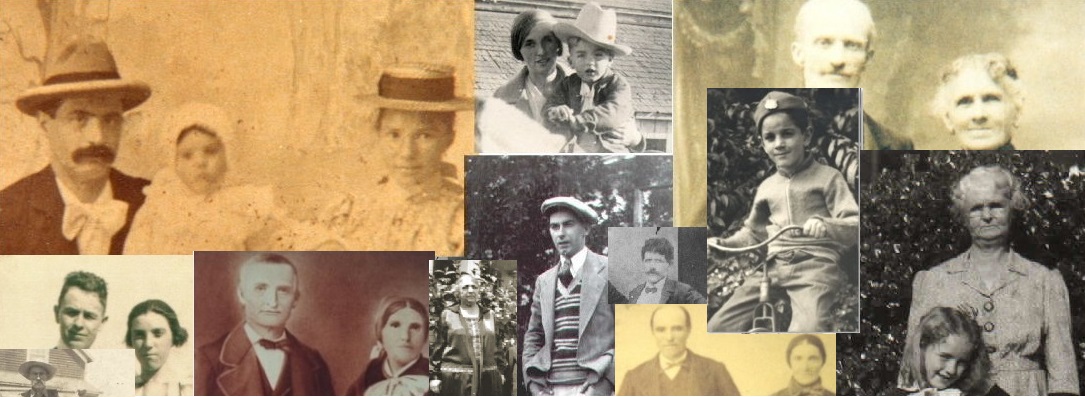Finding naturalization records in Hawaii can be confusing. Because Hawaii was a Kingdom, then a territory, and finally a state, the process is somewhat different.
I’m going to concentrate on the territorial naturalizations because I think that this would be the era most people would be affected by.
The first thing that you should know is that not everyone gained citizenship when Hawaii became a territory. Hawaiians gained citizenship immediately. People born in Hawaii to foreign parents gained citizenship immediately. But, all other immigrants were considered non-citizens.
The Organic Act was enacted in 1900. What it said was anyone who was a citizen of Hawaii prior to annexation in 1898 remained a citizen. This means that anyone who was already a citizen (by birth or naturalization) remained a citizen.
The power to grant citizenship was given to the Circuit Courts. I can’t find the specific year, but it looks like 1902 is the earliest people were allowed to apply for U.S. Citizenship.
The LDS Church has copies some records and the indexes. These can be found at your local Family History Center.
Index to naturalizations, 1900-1975 (several microfilm reels)
Some naturalization records, 1894-1897; 1900; 1904 (two microfilm reels)
If you find the name in the naturalization index, you can then write to the circuit court for the records. For early years, the type of records vary greatly from what you might find in a normal United States naturalization file. The amount of information may be disappointing. From the ones I’ve seen, place of birth may only be given as Portugal (even if they are from the Azores and Madeira).
Please note that the circuit courts do not take personal checks (or they didn’t when I applied for copies of records). Write to the appropriate circuit court with the information you are seeking and inquire about costs and what form of payment they will take.
This is my personal opinion, so please don’t take it as fact. From experience, I have noticed many people from Hawaii listed themselves in records as U.S. Citizens who really were not. I think two things might be in play.
First, it could be that they lived in Hawaii for so long that they considered themselves to be citizens. Some came at such a young age. Most Azoreans and Madeirans ended contact with their native land when they left. In an era of illiteracy and hand shake deals, having the proper paperwork was probably not all that big of a deal for these people. I doubt there was much effort to ensure the labor force had correct paperwork.
Second, given the illiteracy and the fact that the Organic Act is a bit confusing, many people not born in Hawaii might not have been aware of their citizenship status. They may have assumed that they were citizens of the U.S. since they were there when Hawaii became a territory.
Whatever the reason, you should do your research before assuming that the “NA 1900” in the census is accurate. It will save you the hassle of writing for records that may not exist.
If you are interested in the Organic Act and the proceedings in Congress, the University of Manoa has the files online.
Organic Act – Read Online
Organic Act – PDF version
Also of interest:






